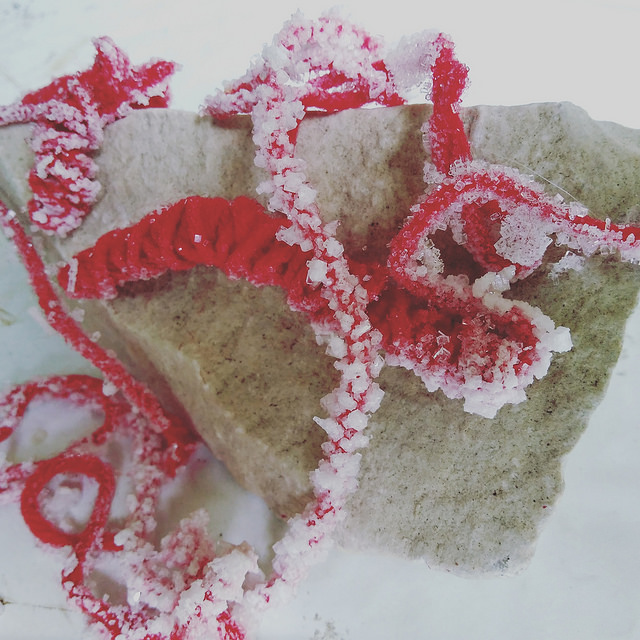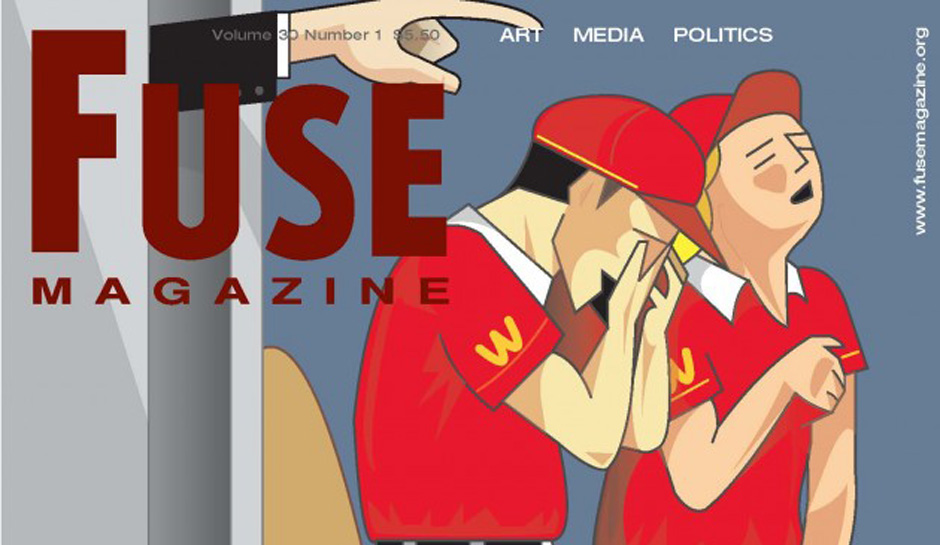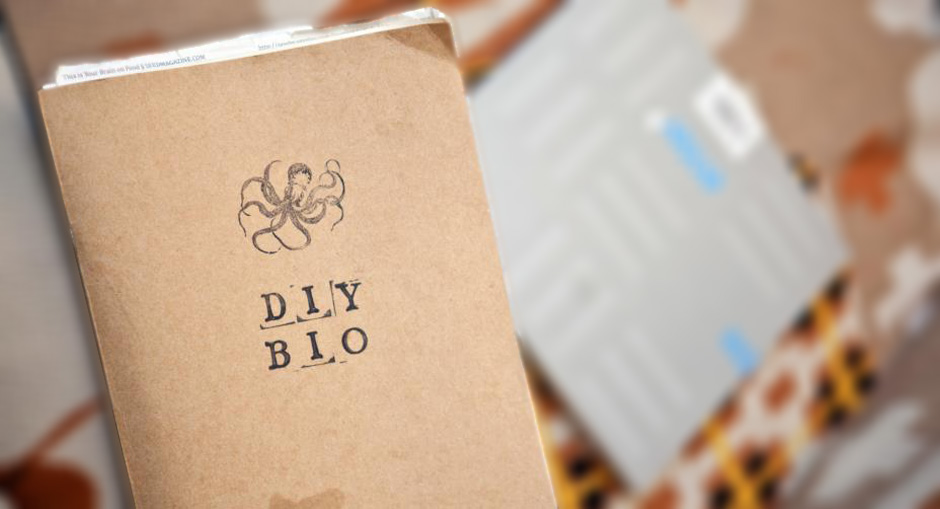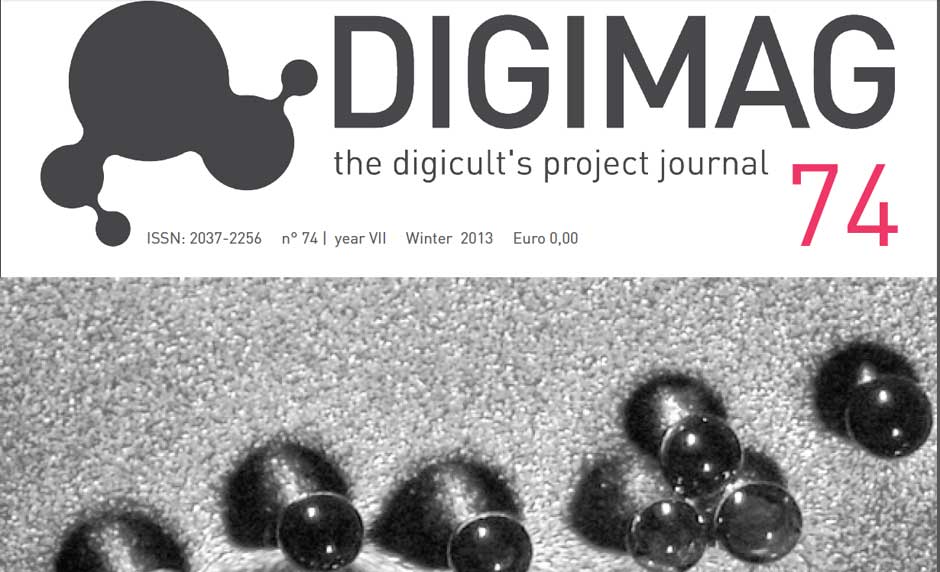Creating and Destroying: Salty reflections
At the end of June-July 2018, I participated in a self-directed residency at the Saline di Cervia, a salt flat reservoir and environmentally protected area located on the North West Coast of Italy, just South of Ravenna. the Residency resulted in a sound installation in collaboration with bioart Elaine Whittaker who generously contributed from afar with some of her artworks
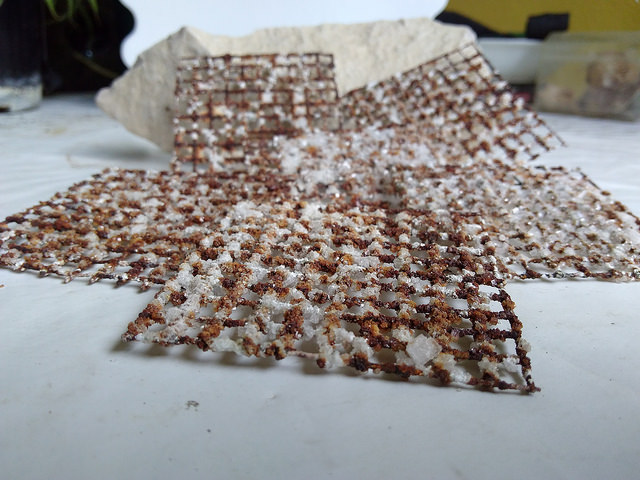


Salt is a common and simultaneously precious substance, essential to the growth of life, yet able to destroy life; symbol of economic wealth and able to trigger environmental decline… salt has many functions: not only do they differ radically, but they are also often located at opposing ends.
Salt is the perfect Pharmakon: when skillfully used, it produces divine culinary experiences. When abused, it may cause deep disgust. In the Cervia context, salt is an important metaphor, it is the symbol of a delicate balance between conservation and tourism. That is, it stands at the cusp between the desire to preserve a very delicate and rich natural reserve constituted by the “Saline” and its surrounding territory, and the need to manage its tourism. The latter is a threat to this equilibrium. However, it also acts as an incentive to its preservation. The “Saline” constantly evoke the labor of the “salinari”. Remembering this tradition is very important : it is not just a source of entertainment, but also brings back the ephemeral memory of a past long gone which will likely be forgotten soon.
This Installation is a collaboration between artists Elaine Whittaker (CAN) and Roberta Buiani (ITA CAN). It consists of a series of objects covered in, incrusted and embellished by, engulfed in, salt. Each of these objects tells a story and utter a sound. Together, they narrate the proper- ties of salt and the “Saline” as complex ecosystems.
For those who want to listen, the objects comprising this installation also reflect a series of contradictions calling for dialogues, questions, memories. Their function is evocative, rather than pedagogical.
But our goal is to think past salt and the saline. We want to think of these contradictions in the context of climate change: Is it possible to preserve both Saline and Tourism simultaneously? Is it possible to remember and recreate the past in spite of, or as an opposition to the environ- mental industrial and economic changes that have transformed our world in the past several years?

The Installation was presented during the mini conference “From the Mediterranean to the Pacific. Dialogues across the Seas, Museo del Sale, Cervia, July 27-28
this was the first of a series of gathering aiming at reflecting on issues of Climate Change. The goal of art*science was to create an interdisciplinary forum addressing these issues from different disciplinary and discursive angles, and as issues that are profoundly connected.
Furthermore, it was meant to think of possible strategies, solutions, and future scenarios through sustained dialogues between scientists and artists. We (Pier Luigi Capucci and I, the two conveners) believe that artistic and creative methods can be crucial and very powerful research tools that could benefit both science communication and the future development of science; that could suggest new ways to approach, react to, and learn to manage the unpredictability of the complex phenomena contributing to climate change.
Art*science will host other events. Overall, it aims to bring together cultural institutions, scientists, artists, researchers to reflect and inform about environmental transformations and their geographical, ecological, economic and cultural impacts. We envision a series of nomadic events (talks and fora, workshops , performances and pop up exhibitions) to take place in various cities around the coast of Italy and in locations where the consequences of Climate Change have already manifested to a certain extent or are threatening to manifest in the not-too-distant future.
In addition to welcoming interdisciplinary research in different scientific and humanistic areas, we are interested in the following questions: what futures could we envision in a world (and in a country, Italy) affected by climate change? How can we adapt to or cope with such changes? Conversely, what kind of strategies and innovations could contribute to slow down and reverse the processes of desertification and the rise of the sea, or to preserve what exists right now? We are interested in both realistic and visionary ideas, as long as they manage to create a productive dialogue that raise awareness and questions, while providing scientific evidence and “food for thought”.
